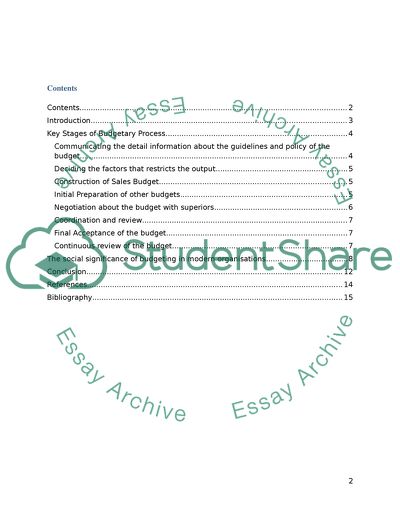Cite this document
(“Describe the key stages of budgetary process, (b) Critically evaluate, Essay”, n.d.)
Describe the key stages of budgetary process, (b) Critically evaluate, Essay. Retrieved from https://studentshare.org/finance-accounting/1632442-describe-the-key-stages-of-budgetary-process-b-critically-evaluate-referring-to-the-research-findings-the-social-significance-of-budgeting-in-modern-organisations
Describe the key stages of budgetary process, (b) Critically evaluate, Essay. Retrieved from https://studentshare.org/finance-accounting/1632442-describe-the-key-stages-of-budgetary-process-b-critically-evaluate-referring-to-the-research-findings-the-social-significance-of-budgeting-in-modern-organisations
(Describe the Key Stages of Budgetary Process, (b) Critically Evaluate, Essay)
Describe the Key Stages of Budgetary Process, (b) Critically Evaluate, Essay. https://studentshare.org/finance-accounting/1632442-describe-the-key-stages-of-budgetary-process-b-critically-evaluate-referring-to-the-research-findings-the-social-significance-of-budgeting-in-modern-organisations.
Describe the Key Stages of Budgetary Process, (b) Critically Evaluate, Essay. https://studentshare.org/finance-accounting/1632442-describe-the-key-stages-of-budgetary-process-b-critically-evaluate-referring-to-the-research-findings-the-social-significance-of-budgeting-in-modern-organisations.
“Describe the Key Stages of Budgetary Process, (b) Critically Evaluate, Essay”, n.d. https://studentshare.org/finance-accounting/1632442-describe-the-key-stages-of-budgetary-process-b-critically-evaluate-referring-to-the-research-findings-the-social-significance-of-budgeting-in-modern-organisations.


